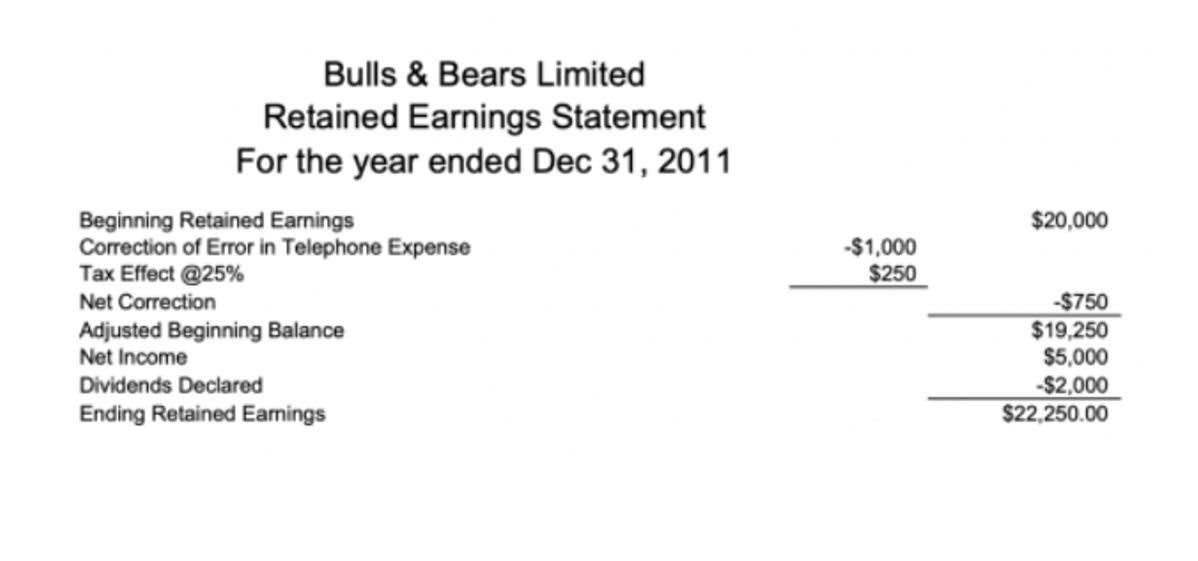
Bookkeeping
EFT Payments Explained: A Business Guide On How They Work

ACH transfers, being more cost-effective, are ideal for smaller, regular transactions but are typically limited to US entities. However, local currency accounts are now increasingly accessible to overseas businesses. For example, a UK business can open a US dollar account to leverage ACH for paying US suppliers. Almost all transactions today are EFTs such as ACH deposits, wire transfers, and credit card payments.
Free Cash Flow Calculator: Stay on Top of Your Business Finances

Generally speaking, domestic bank transfers are typically the quickest, followed by card transactions, then wire transfers. One of the most appealing features of an electronic funds transfer is security. Of course, doing anything over the internet typically involves some degree of risk.

Financial Close Solution
- There are several common types of EFT (Electronic Funds Transfer) transactions used every day.
- If you make a report about an issue within the appropriate timeframes, you can avoid taking too much liability for unauthorized transactions.
- Buying groceries at a grocery store with a debit card, for which a PIN is required to approve a transaction.
- Computer-based systems are also playing a crucial role in the future of EFT in Canada.
- These two terms relate closely but serve different purposes within the banking system, each with distinct processing times and applications.
- It is simple to set up, requiring simply a bank account and sufficient paperwork to allow transfers at the time of registration.
On the other hand, EFT is a broader term encompassing all types of digital payments, from ACH to mobile and debit card transactions. Think of ACH as one slice of the EFT pie, ideal for specific use cases where cost is more important than speed. Payments can be initiated, processed, and finalized on the same day or by the following business day, depending on the payment processor and financial institution. Thus, some EFT payments that are not conducted via the ACH network can be faster than ACH payments or bank transfers.

Domestic vs. international vs. peer-to-peer EFT payments
Protect the financial integrity of the State and promote accountability in an objective and efficient manner. This principle centers on the idea that emotions are not fixed or permanent and can be changed through therapeutic intervention. Many individuals hold the belief that a person’s most basic abilities and feelings are permanent and cannot be changed, but EFT challenges this notion. Consequently, for issues regarding mental health, such as AI in Accounting anxiety and depression, individuals may not even be aware of what emotions lead to distress.
- No, the RBI does not put any limits on financial transfers through the NEFT mechanism.
- Electronic Funds Transfer (EFT) is the electronic transference of money from one Canadian bank account to another.
- You can also usually leave funds in your P2P account to eliminate the ETF needed to move funds to and from your bank account.
- Pay-by-phone payment systems operate by sharing your banking details with the service provider who then debits the agreed-upon amount from your account.
- Assess your priorities to determine which method works best for your business.
Accounts Payable Solutions

Individuals, businesses, and banks use EFTs daily to purchase goods and services and pay workers. At its core, Electronic Funds Transfers (EFTs) are digital transfers of money between bank accounts without the use of paper checks or cash. These transfers are facilitated by financial institutions such as a bank or credit union. These transfers are an umbrella for a variety of payment types, such as ACH transfers, wire transfers, debit card transactions, and even mobile payments. An EFT (Electronic Funds Transfer) works by electronically transmitting payment instructions between financial institutions. EFT (Electronic Funds Transfer) can occur instantly or within one to two business days, depending on the type of transaction and network used.
In the European Union, the Revised Payment Services Directive (PSD2) regulates EFT activities. These frameworks ensure EFT (Electronic Funds Transfer) systems are secure, fair, and transparent, enhancing trust between consumers, businesses, and financial institutions. In most cases, an EFT (Electronic Funds Transfer) cannot be canceled once it has been fully processed. Some EFTs, like wire transfers, are what is an eft irreversible after submission due to their fast processing times. However, if you act quickly and contact your bank before the transaction clears, it may be possible to stop the transfer.
For instance, you can transfer money to an account in cash flow a particular branch of HDFC Bank in New Delhi by providing the IFSC Code. When using EFTs to send money abroad, explore all of your options to find the most affordable for your situation. In many cases, international EFTs come with higher fees than domestic EFTs. Plus, you’ll need to get up to date on any restrictions on sending money to a particular country. It might seem risky to share your bank account information to set up an EFT. But due to the Electronic Fund Transfer Act (EFTA), EFT payments are generally considered safe.

Card-based electronic payments refer to payments made from a credit or debit card to a bank account. This includes swiping or tapping the card at offline stores or using cards to pay online. Debit cards draw on funds you have deposited at the bank, while credit cards allow you to borrow money up to a certain limit. Both types of cards are secure and allow for instantaneous funds transfer. Businesses benefit greatly from using EFT (Electronic Funds Transfer) because it streamlines payments, enhances financial control, and reduces operational costs. With EFT, businesses can pay vendors, suppliers, and employees quickly and securely.


